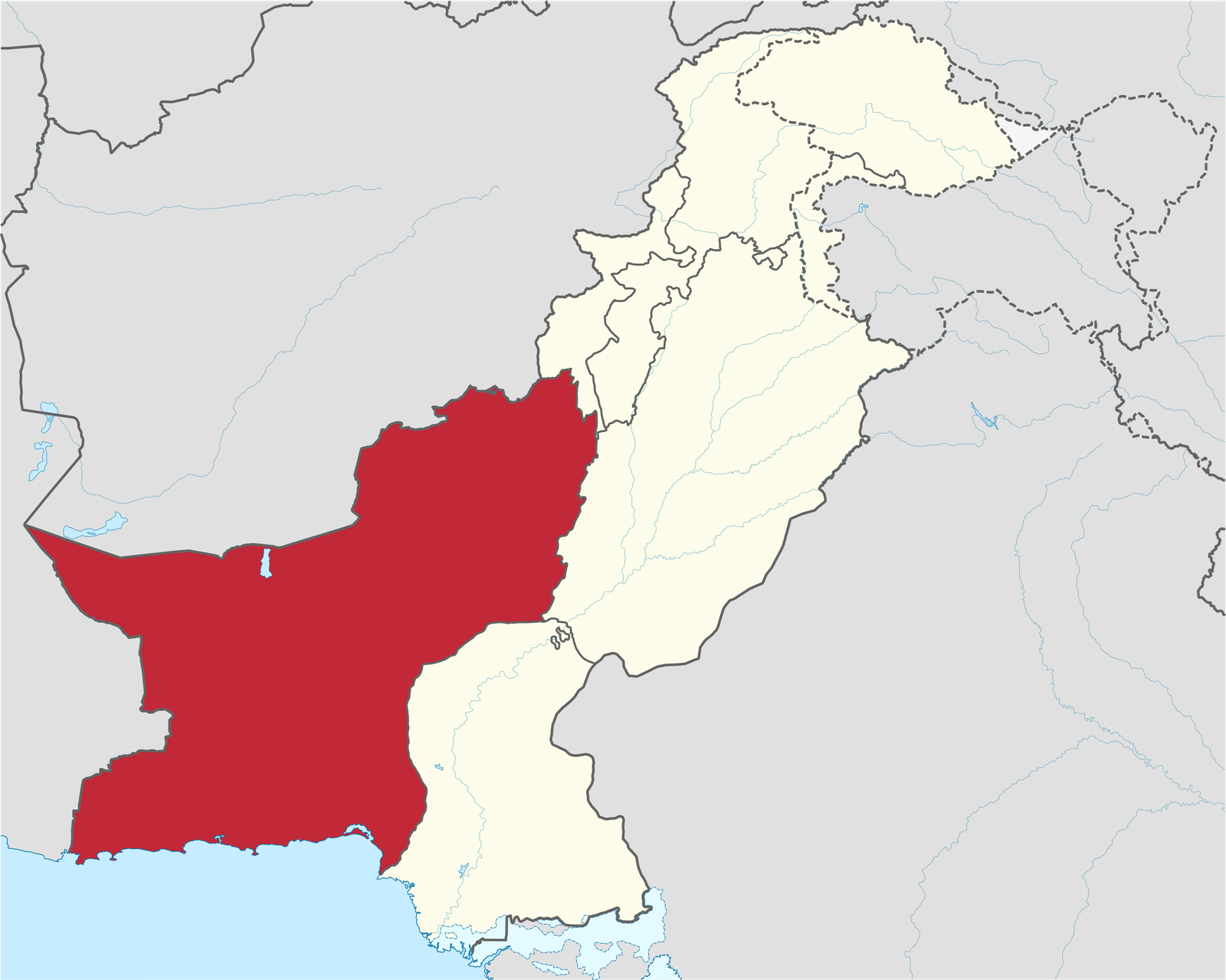Mubashar Nadeem
Racism is a complex and multifaceted phenomenon that involves the belief that human beings can be divided into distinct groups based on their inherited physical and cultural traits and that some groups are superior or inferior to others. Racism also refers to the practices and policies that discriminate, oppress, or exploit people on the basis of their perceived racial differences. Racism can take various forms, such as individual prejudice, institutional discrimination, structural inequality, cultural stereotypes, or ideological doctrines.
The origins and evolution of racism are not clear-cut, but some scholars have traced its roots to the European age of imperialism and colonialism when Europeans encountered and conquered peoples of different races and cultures around the world. The Europeans developed a sense of racial superiority and justified their domination and exploitation of the colonized peoples by invoking pseudoscientific theories of racial classification and hierarchy. The most notorious example of racism in history is the Nazi regime in Germany, which perpetrated genocide against Jews and other minorities based on a racist ideology of Aryan supremacy.
In the modern age, racism has taken new and subtle forms, as overt expressions of racial hatred and discrimination have become less socially acceptable. However, racism still persists in various aspects of society, such as education, health care, criminal justice, media, politics, and the economy. Racism can also intersect with other forms of oppression, such as sexism, classism, homophobia, or xenophobia. Some of the challenges and strategies to combat racism in the modern age include raising awareness and education about the history and effects of racism and promoting intercultural dialogue and understanding among different racial and ethnic groups.
Furthermore, challenging and dismantling the stereotypes and prejudices that fuel racism and fostering a positive and inclusive sense of identity and belonging for all people is critical. Then, recognizing and addressing the systemic and structural causes of racial inequality and injustice and advocating for social change and reform that ensure equal rights and opportunities for all people is significant. Also, supporting and empowering the victims and survivors of racism and providing them with access to justice, healing, and reparations is vital. There is also a need to build solidarity and alliances among different anti-racist movements and organizations and mobilize collective action against racism at local, national, and global levels.
In Pakistan, racism is also a prevalent problem that affects various segments of society. Pakistan is a diverse country with people from different religions (such as Islam, Christianity, Hinduism, Sikhism), ethnicities (such as Punjabi, Sindhi, Balochi, Pashtun), languages (such as Urdu, English, Sindhi), sects (such as Sunni, Shia), tribes, castes, regions, or origins. However, this diversity is often not celebrated or respected but used as a basis for discrimination or violence. Some manifestations of racism in Pakistan include religious intolerance and persecution against minorities. Ethnic conflicts and violence between groups are also in place. Being a federation, Pakistan has multiple linguistic, cultural and ethnic populations. Then, there are sectarian clashes and attacks between Sunnis and Shias. Moreover, tribal feuds and rivalries among groups also exist. Caste-based discrimination and exploitation against lower castes is also a cultural norm. Furthermore, skin colour-based prejudice and preference for fair skin over dark skin is also a social taboo. Regional disparities and grievances among provinces are also present in the federation of Pakistan.
Accordingly, there is a need to curb racism in Pakistan; some of the possible measures are:
- Promoting a national identity that transcends religious, ethnic, linguistic, sectarian, tribal, caste, or regional differences
- Enforcing the constitutional rights and protections for all citizens regardless of their race or background
- Reforming the education system to include a curriculum that teaches diversity, tolerance, and human rights
- Strengthening the civil society and media to raise awareness and challenge racism
- Supporting the victims and survivors of racism and providing them with justice and compensation
- Encouraging dialogue and cooperation among different racial and ethnic groups and resolving conflicts peacefully
Curbing racism in Pakistan is a significant and urgent task that has implications for the social, political, and economic development of the country. Racism undermines the unity and harmony of the nation and creates divisions and conflicts among different groups of people. This can lead to violence, instability, and insecurity and hamper the peace and progress of the country. It violates the human rights and dignity of the people who are discriminated against or oppressed on the basis of their race or background. This can result in poverty, inequality, injustice, and suffering and deprive them of their potential and opportunities.
Racism damages the reputation and image of the country in the international community and affects its relations and cooperation with other countries. This can limit the country’s influence and role in regional and global affairs and reduce its chances of attracting foreign investment, trade, tourism, or aid. Racism hinders the diversity and richness of the culture and heritage of the country and prevents people from learning from and appreciating each other’s differences. This can reduce the creativity and innovation of society and limit its ability to cope with the challenges and changes of the modern world.
Therefore, curbing racism in Pakistan is not only a moral duty but also a strategic necessity for the country’s future. It requires the collective efforts and commitment of all stakeholders, such as the government, civil society, media, education sector, religious leaders, and ordinary citizens. By curbing racism, Pakistan can become a more inclusive, tolerant, democratic, prosperous, and respected nation.
















